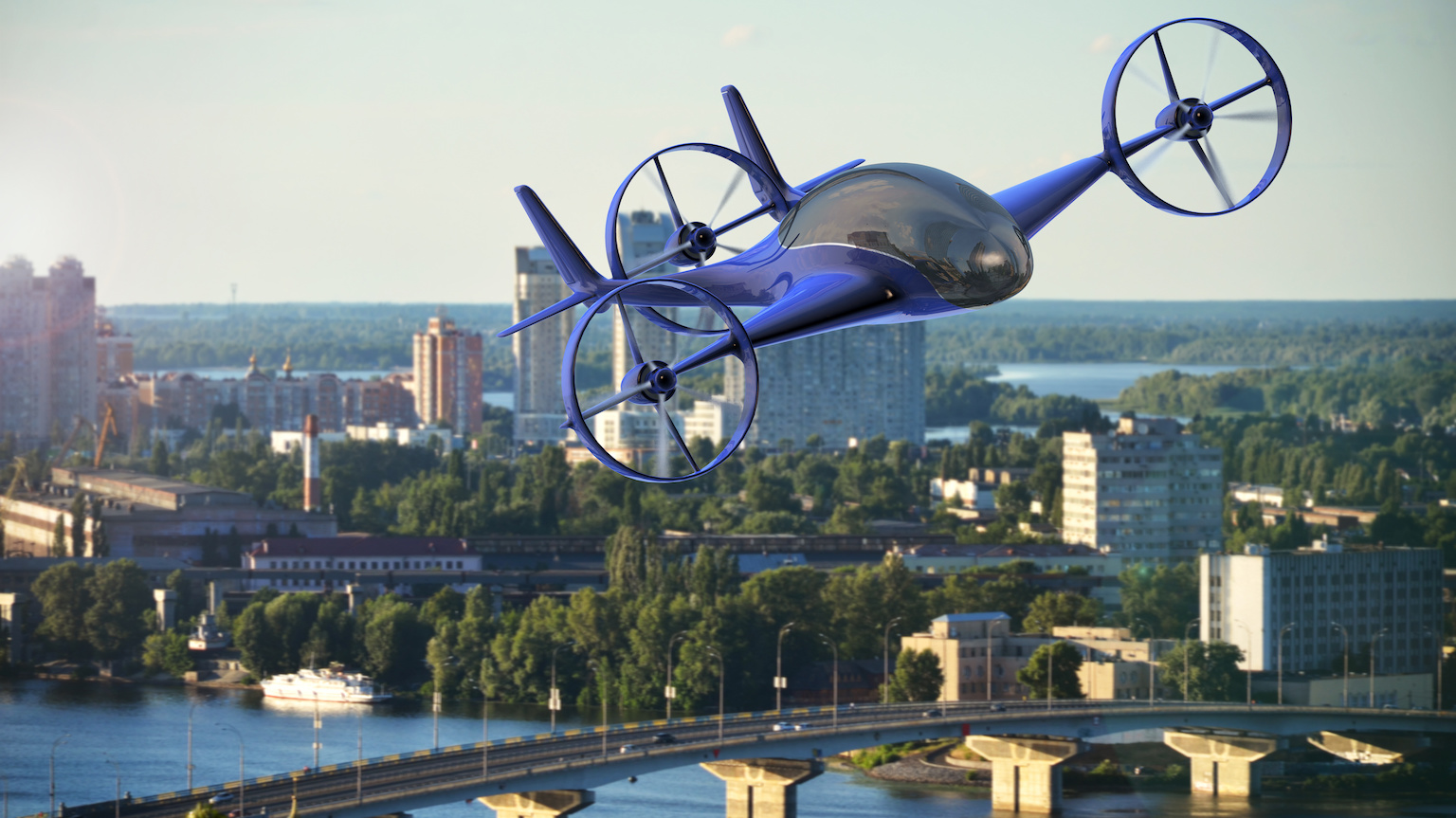
[ad_1]
Karun Chandhok has had a lot of team-mates in his eclectic career, but one name stands out when it comes to choosing his favourite. Bruno Senna immediately comes to mind for the Indian and not just because the duo ended up as colleagues in GP2, Formula 1 and Formula E.
“From the first GP2 test we did together at Jerez [in 2007], we just got on really well,” says the Sky F1 pundit, who raced alongside Ayrton Senna’s nephew at iSport in the 2008 GP2 Asia series as a prelude to contesting the regular season. “Of course, we wanted to beat each other, but we were very open.
“It was a really enjoyable year. We’d arrive at a race weekend and we’d start with two different programmes, compare data and it was all very open sharing information.
“It was funny because I was always very open about the fact that Alain Prost was my childhood hero and I became really good friends with all of Bruno’s family.”
Senna won that first contest in Asia, finishing fifth in the standings to Chandhok’s 13th. Both finished on the podium at Monaco and Hockenheim, as Senna finished runner-up in the regular season to Giorgio Pantano. But the next time they teamed up they faced much bigger challenges. Chandhok joined Senna at the troubled HRT operation which took over Adrian Campos’s entry as they both stepped up to F1 in 2010, Chandhok directly from GP2 and Senna after a year in sportscars racing for ORECA.
PLUS: How HRT made it onto the F1 2010 grid
“We were in this rollercoaster of chaos together,” says Chandhok. “We were a very close unit, with his manager Chris Goodwin, my father and Bruno’s sister Bianca.
“So many days it felt like the five of us trying to push the team forward and trying to find where the whole project was going.”
Senna and Chandhok first raced together in GP2 for iSport in 2008
Photo by: Alastair Staley / Motorsport Images
Perhaps surprisingly, given HRT’s lack of pace and results (14th was the best finish of 2010), Chandhok believes there was potential.
“When they had the fallout with Dallara that was really painful because when we went there to do the seat-fitting, we saw on the CAD drawings and in the wind tunnel they had 60 points of downforce they were going to bring to the car for Barcelona [round five],” says Chanhok, who was replaced after 10 races. “And that would have put us with the Toro Rossos, in the midfield.
“When you look at what Dallara did with Haas, that’s where they arrived. There was so much unfulfilled potential in that project because everyone fell out, it got political and it just got messy.”
Throughout it all, the working relationship between Chandhok and Senna remained strong. Having similar driving styles was also a bonus.
“I would feel confident taking Bruno’s set-up from free practice to qualifying if he found something that worked, and vice versa” Karun Chandhok
“We wanted similar things from the car,” says the 39-year-old. “That was useful when we went testing – generally, what worked for one worked for the other.
“I would feel confident taking Bruno’s set-up from free practice to qualifying if he found something that worked, and vice versa.”
Interestingly, Chandhok feels their relative strengths changed over time: “In GP2 he was generally a better qualifier than me, when we had races where we had to do tyre management I was generally pretty good.
Insight: Karun Chandhok picks his favourite car
“When we got to F1 it swapped around a little bit. He’d had a year out in sportscars and a couple of big shunts, so when he came back I think he’d lost a little bit of the edge from qualifying.
“I don’t think there was a clear trend, he was better than me at energy management in Formula E.”
Their final season together was also a tricky one. They raced for Mahindra in the inaugural season of Formula E, with Senna finishing 10th and Chandhok 17th.

Chandhok reckons his strengths relative to Senna evolved over time
Photo by: James Moy
[ad_2]
Source link




